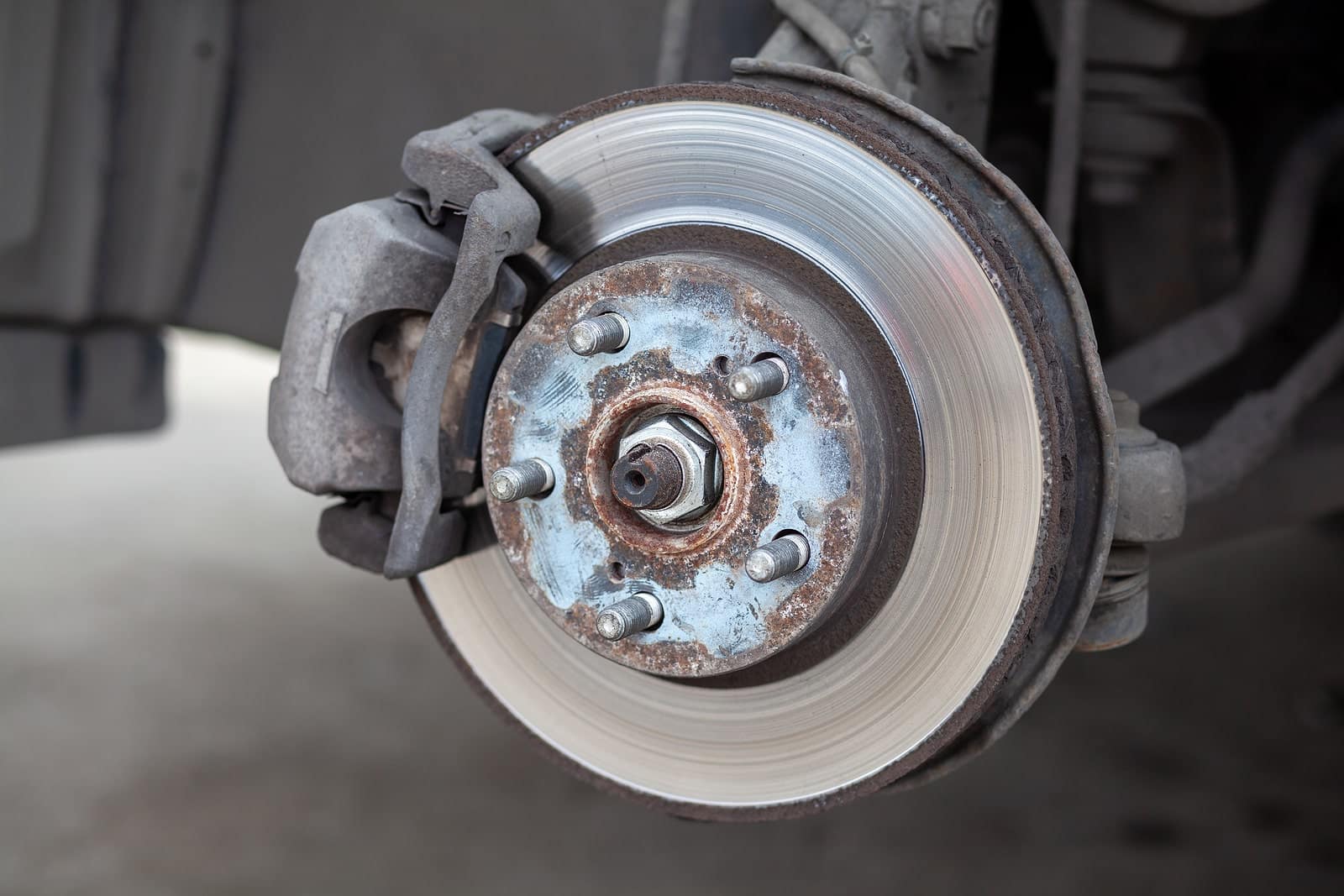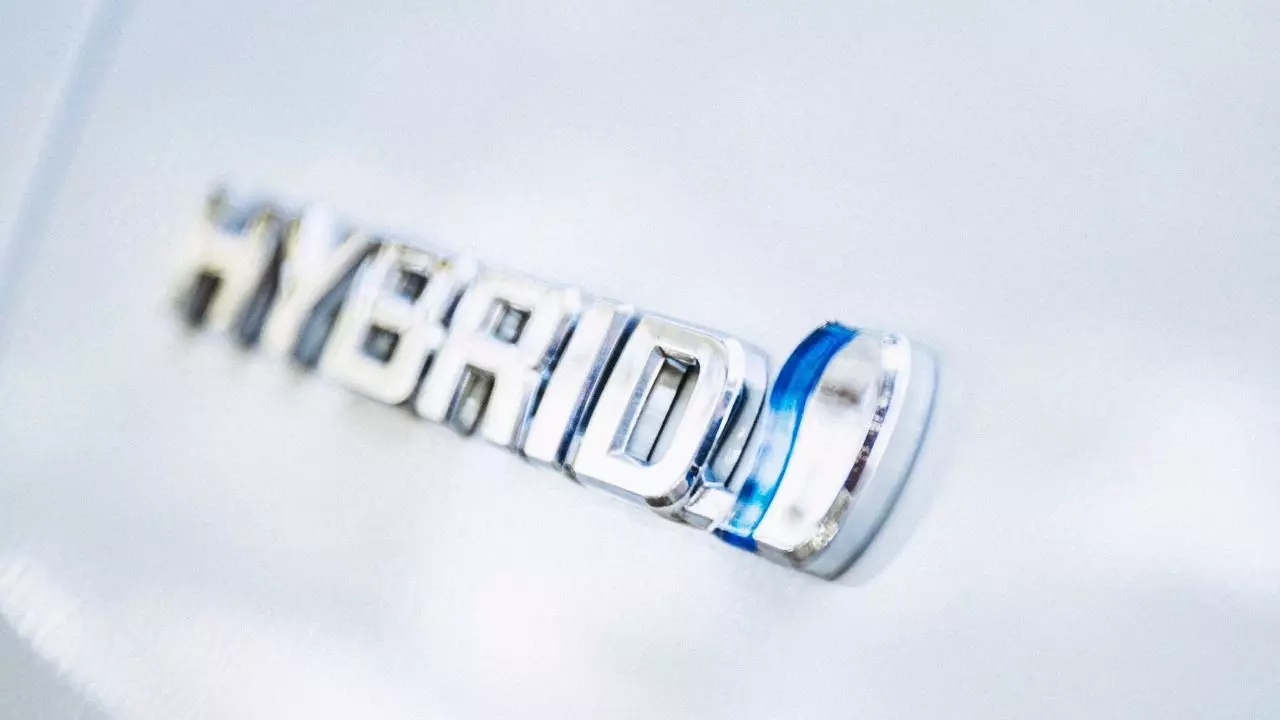The Secret Of Info About Do Hybrid Brakes Last Longer

How Long Do Car Brakes Last? BMW Of Southpoint
The Great Brake Debate
1. Do Hybrid Vehicles Really Get a Brake Life Bonus?
So, you're wondering if jumping on the hybrid bandwagon means you can kiss those frequent brake jobs goodbye? It's a fair question! After all, hybrids have this reputation for being super efficient and eco-friendly. But does that efficiency extend to the lifespan of your brakes? The short answer is... it's complicated. But mostly yes, they often do last longer. Let's get into why.
Traditional cars rely almost exclusively on friction brakes — you know, those pads squeezing against rotors — to slow down. Every time you tap the brake pedal, those pads wear down a little more. Hybrids, however, have a secret weapon: regenerative braking. Think of it as your car cleverly converting kinetic energy (motion) into electrical energy, which then charges the battery. This helps to slow the vehicle without even touching the friction brakes as often.
This regenerative braking system picks up a large portion of the braking duties, especially during normal driving situations like city commuting. It eases the burden on your traditional brakes, meaning less wear and tear over time. Imagine running a marathon but having a buddy help you with some of the miles. You'd probably last longer, right? Same concept!
Now, don't go thinking you'll never need to replace your brakes again if you drive a hybrid. That's simply not the case. But, generally speaking, you can expect them to last significantly longer than the brakes on a conventional car. This isn't just some marketing gimmick either; it's a real, tangible benefit of hybrid technology.

Regenerative Braking
2. How Does This Magical Technology Actually Work?
Okay, so we've established that regenerative braking is the key to longer-lasting hybrid brakes. But how exactly does this wizardry happen? Let's break it down (pun intended!). The electric motor in your hybrid isn't just for propulsion; it can also act as a generator. When you take your foot off the accelerator or gently apply the brakes, the motor reverses its function and starts generating electricity.
This process creates resistance, which slows the car down. The electricity generated is then sent back to the battery, replenishing its charge. It's a brilliant closed-loop system that reduces energy waste and saves your brakes from unnecessary wear. It's like a perpetual motion machine... almost.
The system is designed to seamlessly blend regenerative braking with the traditional friction brakes. In situations requiring hard braking or when the battery is fully charged, the friction brakes kick in to provide the necessary stopping power. This ensures that you always have adequate braking performance, regardless of the circumstances.
Think of it this way: regenerative braking is like a helpful assistant that handles most of the light work, while the friction brakes are the heavy-duty workers that come in when things get serious. This division of labor is what allows hybrid brakes to live a much longer and more fulfilling life.

Four Ways To Make Brakes Last Longer Hollenshade's
Driving Habits Matter
3. Your Driving Style Plays a Major Role.
While regenerative braking is a huge advantage, it's not a free pass to drive like you're auditioning for a Fast & Furious movie. Your driving habits still play a significant role in the lifespan of your brakes, even in a hybrid. Aggressive braking, frequent hard stops, and riding the brakes (resting your foot on the pedal unnecessarily) will all shorten the lifespan of your brake pads, regardless of whether you're driving a hybrid or not.
Smooth, controlled driving is the key to maximizing the benefits of regenerative braking. Anticipate traffic flow, ease off the accelerator early, and allow the regenerative braking system to do its job. This not only extends the life of your brakes but also improves your fuel economy. It's a win-win!
Consider this scenario: two drivers, both with the same hybrid car. Driver A is constantly slamming on the brakes at the last second, while Driver B is a model of smooth, anticipatory driving. Who do you think will need brake service first? You guessed it — Driver A. Even with regenerative braking, aggressive driving habits can negate its benefits.
Therefore, to truly enjoy the extended brake life that hybrids offer, adopt a mindful and conscientious driving style. Treat your brakes with respect, and they'll return the favor with years of reliable service. Plus, you'll be a safer and more efficient driver overall!

Do Hybrid Brakes Last Longer?
Beyond Brake Pads
4. It's Not Just About the Pads Themselves.
While we've focused primarily on brake pads, it's important to remember that the entire braking system consists of multiple components. Rotors, calipers, brake lines, and brake fluid all play crucial roles in ensuring safe and effective braking. These components also require regular inspection and maintenance, regardless of whether you drive a hybrid or a conventional car.
For example, brake fluid can absorb moisture over time, which can lead to corrosion and reduced braking performance. It's generally recommended to have your brake fluid flushed and replaced every two to three years. Similarly, rotors can become warped or damaged, requiring resurfacing or replacement.
Ignoring these other components can compromise the overall effectiveness of your braking system, even if your brake pads are still in good condition. Think of it like this: you can have a fantastic engine, but if your tires are worn out, you're not going to get very far. It's essential to maintain all aspects of your braking system to ensure optimal performance and safety.
So, while the extended brake pad life of hybrids is a definite advantage, don't neglect the other important aspects of brake maintenance. Regular inspections and timely repairs are crucial for keeping your brakes in top condition and ensuring your safety on the road.

Do Carbon Ceramic Brakes Last Longer? Understanding Their Longevity
The Verdict
5. The Data Says... Mostly Yes!
After weighing all the evidence, the answer is a resounding (but cautious) yes. Hybrid brakes generally last longer than conventional brakes. The regenerative braking system significantly reduces wear and tear on the friction brakes, resulting in extended pad life.
However, it's crucial to remember that driving habits and maintenance practices also play significant roles. Aggressive driving can negate the benefits of regenerative braking, and neglecting other brake system components can compromise overall performance and safety. So, while hybrids offer a clear advantage in terms of brake longevity, it's not a substitute for responsible driving and proper maintenance.
Ultimately, choosing a hybrid can be a smart move for those looking to save money on brake repairs in the long run. Just be sure to drive responsibly, keep up with regular maintenance, and enjoy the peace of mind that comes with knowing your brakes are likely to last longer than those of your conventional car-driving counterparts.
Plus, you get to feel good about reducing your environmental impact! It's like a virtuous cycle of savings and sustainability. Who knew brakes could be so exciting?
.jpg)